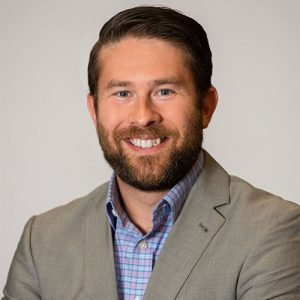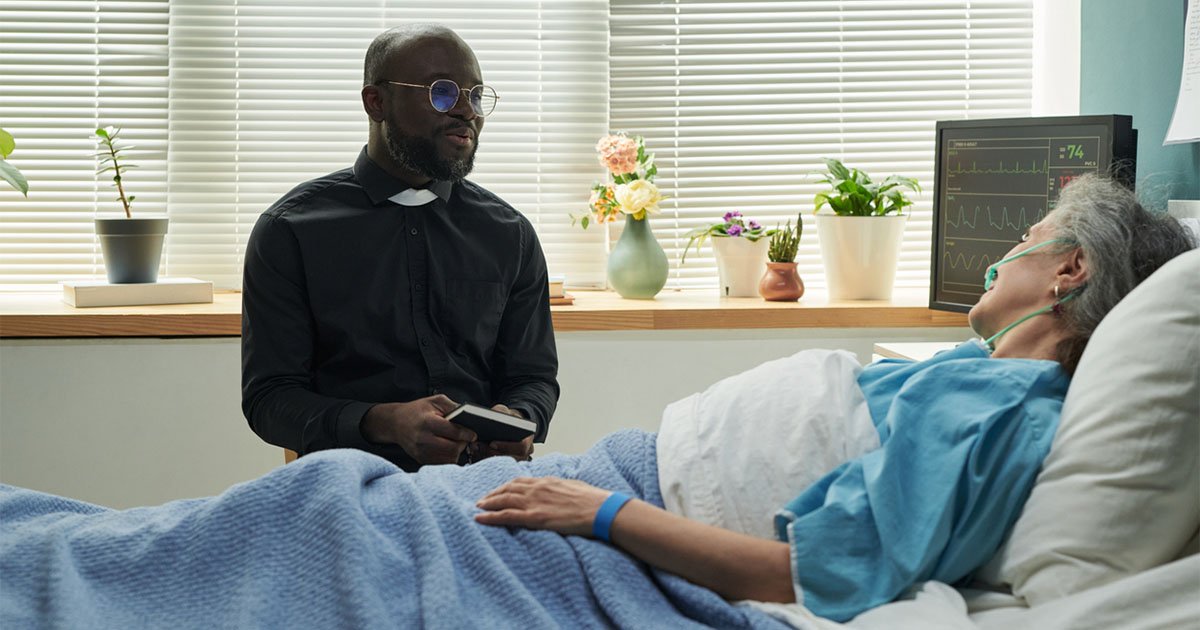Spiritual care is a holistic form of healthcare, typically delivered by a trained chaplain, that addresses how a patient’s spiritual beliefs and values influence their health, decision-making, emotions, and overall well-being. Religion and spirituality are important social determinants of health with numerous benefits—including heightened patient/clinician trust, increased use of healthcare services, and a greater capacity for patients to cope with pain and illness. Additionally, spiritual distress has also been linked to many negative outcomes such as increased suicide risk, longer/more severe PTSD, moral injury and chronic pain. Despite the many connections of religion and spirituality with health, spiritual care integration varies greatly across health systems.

Within health systems nationwide, barriers to greater adoption of spiritual care range from a lack of formal guidance on how best to integrate this dimension of care into everyday practice, an incomplete understanding of the training and role of chaplains among healthcare workers, understaffed spiritual care departments, and a belief on behalf of healthcare workers that there is not sufficient time to make referrals to chaplains.
To better understand spiritual care utilization across the VA, barriers to its use, and how it could be adopted more widely, School of Public Health (SPH) and VA researcher Rev./Dr. Timothy Usset has partnered with Dr. Sophia Fantus at the University of Texas at Arlington and Dr. Brandon Griffin at the Central Arkansas VA Health Care System on a new grant from the John Templeton Foundation (#63600).
Specifically, researchers will use the grant to explore three key aims:
- Analyzing patterns of spiritual care use across the VHA over the past decade to understand how, where, and when chaplaincy services are utilized.
- Identifying barriers and developing solutions by interviewing clinicians, chaplains, administrators, and patients.
- Using findings from the first two aims, researchers will develop practical resources, best practices and policy recommendations to help VHA staff more effectively integrate spiritual care into routine clinical practice.
“Spiritual care helps address the whole person—mind, body, and spirit. It can also strengthen trust between patients and clinicians, improve treatment engagement, and support a patient’s emotional healing,” said Timothy Usset, a board-certified chaplain and health services researcher, who also serves as the State Chaplain of the Minnesota National Guard. “Despite these clear benefits, many clinicians either aren’t familiar with how chaplains can complement medical care, or they lack the time, training, or systems to make spiritual care a routine part of practice. This study will address these gaps and help inform future practices and provide caregivers with the tools they need to facilitate spiritual care integration inside and outside the VA health system.”
The $1.1 million project was made possible through the support of grant #63600 from the John Templeton Foundation. Usset expects the research to be completed over the next three years. Findings will be shared in scholarly publications and conferences, health system grand rounds presentations, community events, and in the creation of a dataset in VA Informatics and Computing Infrastructure (VINCI).

